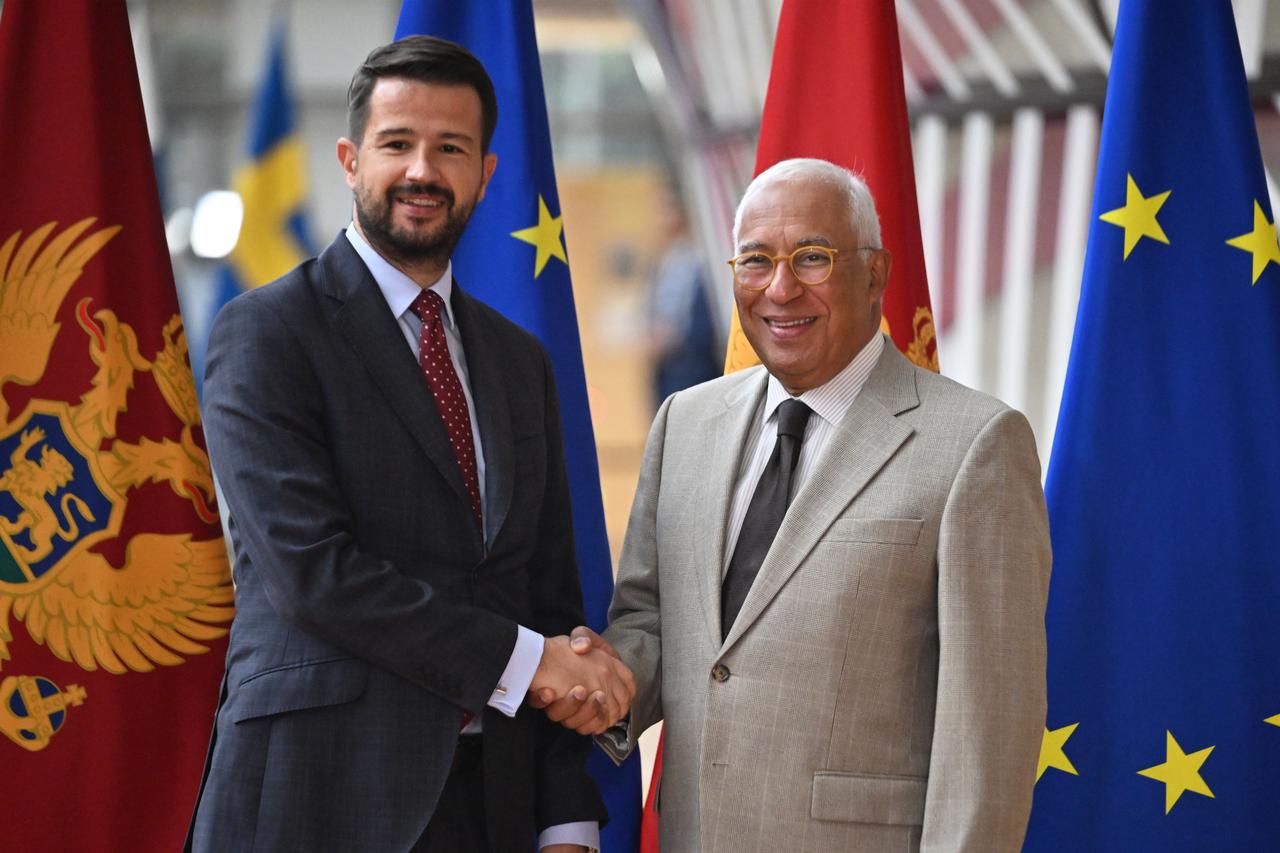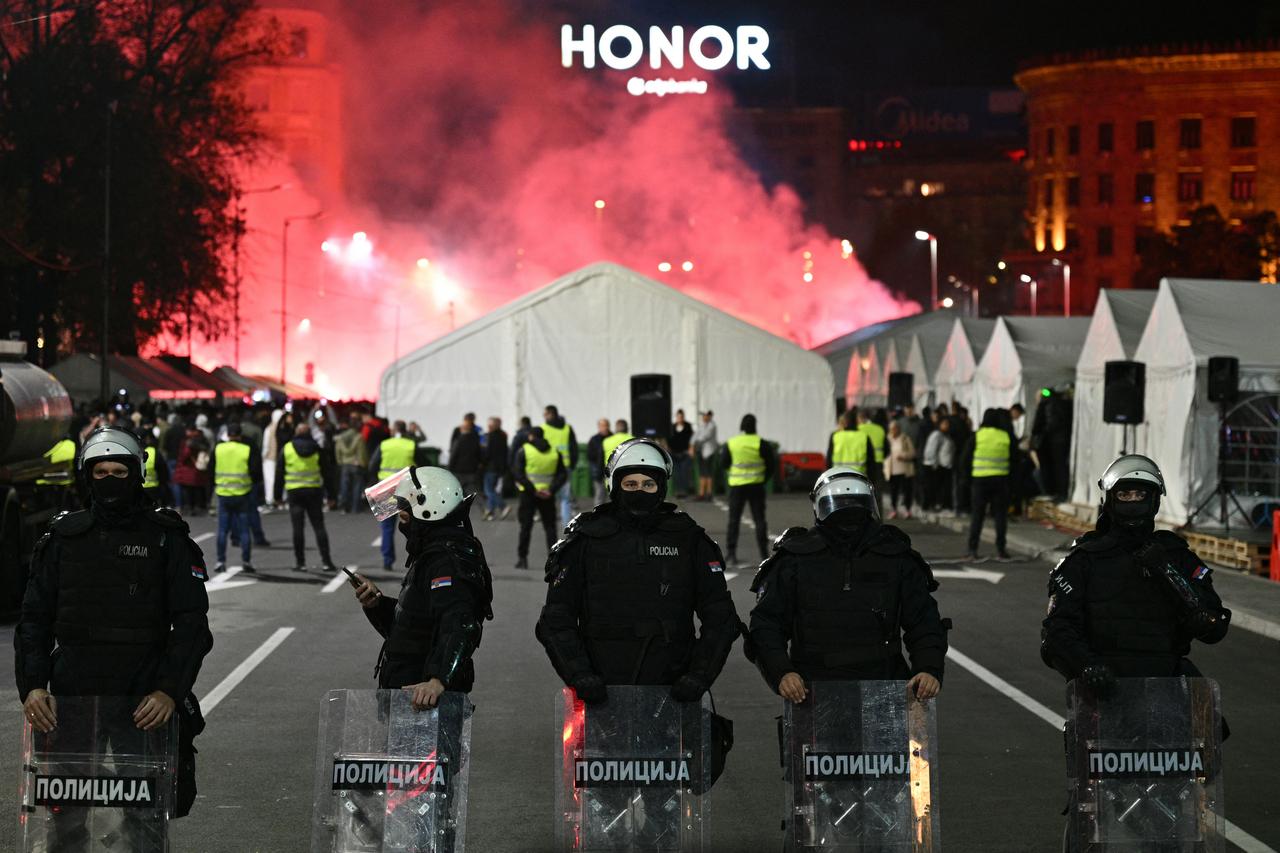
This article was originally written for Türkiye Today’s bi-weekly Balkans newsletter, BalkanLine, in its Nov. 7 issue. Please make sure you are subscribed to the newsletter by clicking here.
On Nov. 4, the European Union’s enlargement chief, Marta Kos said that 2025 was a year of strong momentum for the bloc’s expansion drive, citing major strides by Montenegro, Albania, Moldova, and Ukraine toward EU membership.
I think we can all agree that the release of the European Commission’s 2025 Enlargement Package this week serves as the region’s annual moment of reckoning.
The report lays bare a widening divergence, rewarding political will in some states while exposing alarming stagnation and backsliding in others, all against the backdrop of a long-promised and perpetually deferred EU future.
Kos said enlargement remains a core geopolitical priority for the EU, stressing that cooperation with candidate countries is key to ensuring a “strong, stable, secure, and united Europe based on shared values and principles.”
Montenegro remains the most advanced candidate, praised for strong reform momentum and closing accession chapters, reinforcing its position as a regional leader in integration efforts.
Similarly, Albania received positive feedback, achieving notable progress in justice reform and the fight against organized crime, keeping it firmly on track for closing negotiations.
This optimism ends abruptly with Serbia. The evaluation was sharply critical, citing democratic backsliding, deepening societal polarization amidst mass protests, and a significant slowdown in fundamental reforms.
The commission noted an increasing erosion of trust between stakeholders, stalling the accession process until Belgrade demonstrated a strong political commitment to change.

Similarly, Türkiye received "mixed" assessments. EU foreign policy chief Kaja Kallas stated, "Türkiye remains a key partner with whom we are engaged on several issues of common interest, ... but the deterioration of democratic standards, judicial independence, and fundamental rights has de facto frozen the enlargement process since 2018."
Ankara rejected the assessment, saying that it was "biased" and contained "unfounded allegations" regarding the judiciary, fundamental rights, and domestic political developments in Türkiye.
The rest of the region remains mired in individual roadblocks. In Bosnia and Herzegovina, political crisis and secessionist rhetoric from the Republika Srpska entity continue to severely undermine national EU progress.
North Macedonia remains stalled by the need for constitutional changes, and Kosovo must still de-escalate tensions in the north and prioritize the politically difficult normalization of relations with Serbia, which remains the "Achilles' heel" of its European path.
So what is the price of this stagnation? Is it a geopolitical suicide?
The EU path is no longer a bureaucratic exercise for the Balkans; it is a geopolitical and security anchor, especially today, with Europe approaching a new strategic equation. Yet, the inconsistent pace of enlargement is generating dangerous consequences, eroding the very stability the EU seeks to guarantee.
First of all, the delay is becoming increasingly costly. Young people are leaving the region, which is draining the region of its talent and young demographic. And perhaps most importantly, the judicial and anti-corruption reforms that the EU has consistently insisted upon risk losing momentum due to this prolonged delay.
This, in turn, reduces trust in and support for the EU in the region, while giving rise to rhetoric that triggers instability.
Besides, the EU's yearly extension of the candidacy process provides an opening for other external actors. Russia and China are at the forefront of these. While Serbia and Bosnia and Herzegovina's Serb entity do not hide their ties to Moscow, China's strategy of binding regional countries with debt via its Belt and Road Initiative can be cited as an example.
The 2025 Enlargement Package confirms a trend.
Europe still uses a measuring stick, but the finish line keeps moving. The result is a dangerous divergence: a few states move forward, while the frustration and political voids in the rest are eagerly filled by actors whose vision for the Balkans does not include democracy or trans-Atlantic integration.